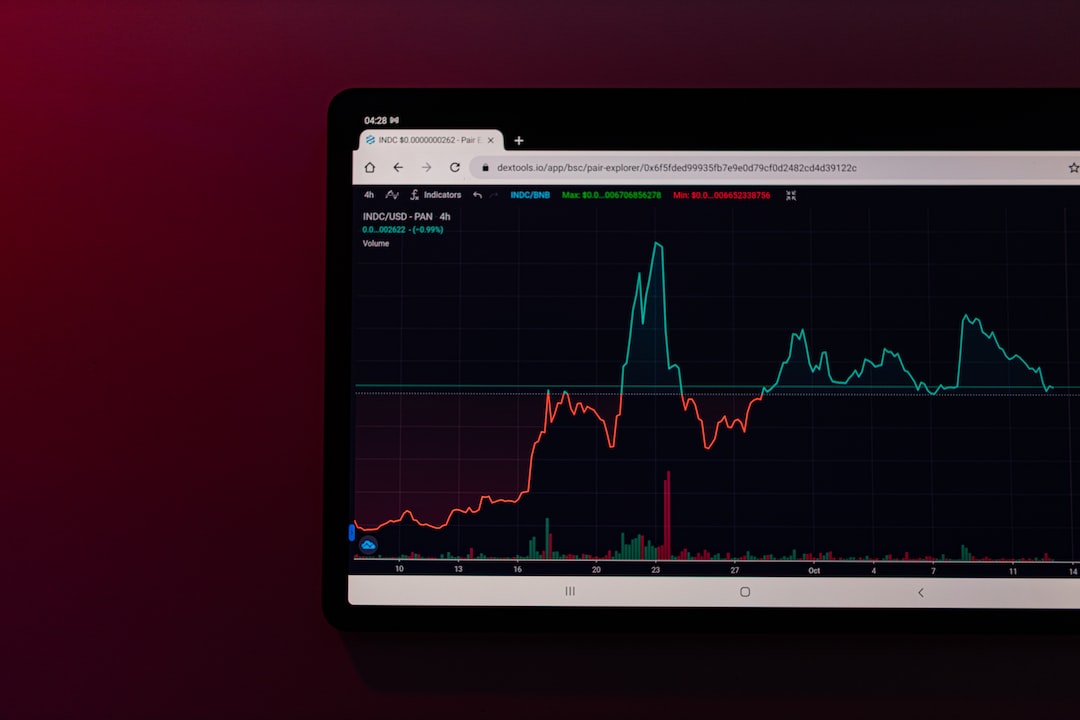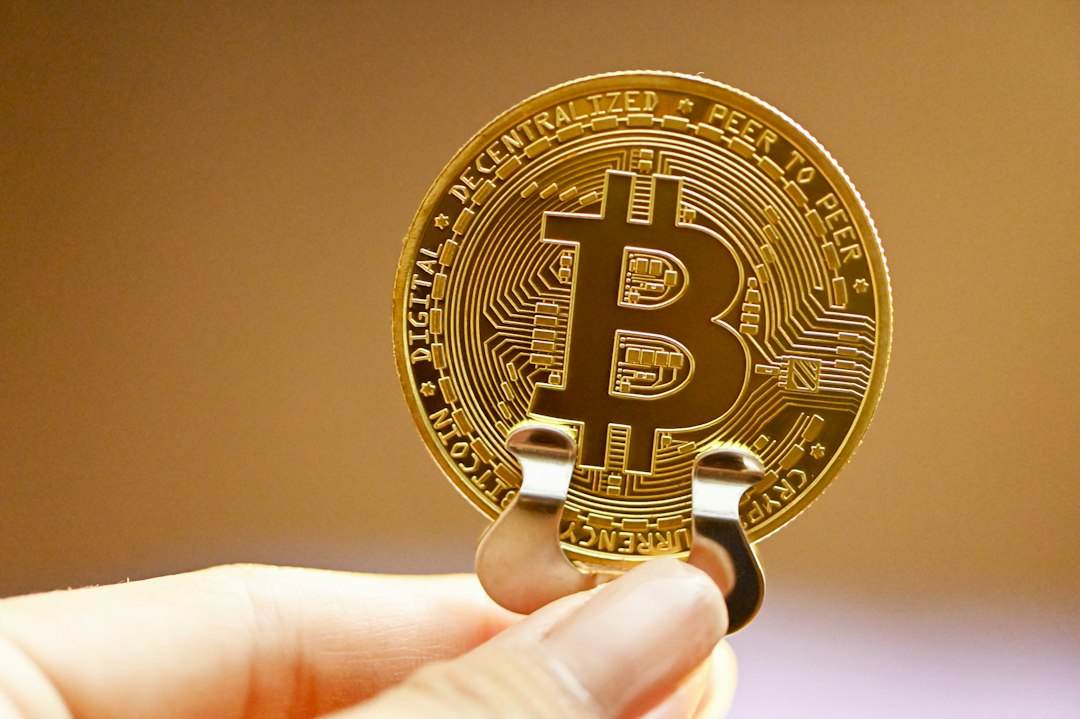PayPal Launches Stablecoin PYUSD on Ethereum
Global payment processing giant PayPal has announced the launch of its United States dollar-pegged payment stablecoin called PayPal USD (PYUSD). Developed on the Ethereum blockchain, the stablecoin is fully backed by U.S. dollar deposits, short-term Treasurys, and similar cash equivalents. PayPal aims to make PYUSD a key part of its payment infrastructure and will initially roll it out to selected customers in the United States. PYUSD will primarily be used for remittances and as a mode of payment for PayPal merchants. It will also be available on Venmo and transferable with wallets that support PYUSD.
Key Points:
– PayPal has launched its stablecoin called PayPal USD (PYUSD) on the Ethereum blockchain.
– PYUSD is fully backed by U.S. dollar deposits and similar cash equivalents.
– It will be used for remittances and as a mode of payment for PayPal merchants.
– PYUSD will be available on Venmo and transferable with wallets that support it.
– PayPal’s stablecoin is the first issued by a major payment processor.
Controversy and Legal Uncertainty
The launch of PYUSD has sparked controversy due to its centralized structure, which allows for the freezing of addresses and the ability to increase the total supply. However, similar features are present in other market-leading stablecoins like Tether and USD Coin. PayPal’s entry into the stablecoin market also raises hopes for clearer regulations for cryptocurrencies in the U.S., as the current regulatory framework is outdated and unclear. PayPal has stated its intention to work closely with regulators, and its involvement could potentially turn the tide for stablecoin issuers facing regulatory scrutiny.
Hot Take:
PayPal’s entry into the stablecoin market with PYUSD demonstrates the growing interest of mainstream financial giants in the crypto ecosystem. With its massive user base of over 400 million customers worldwide, PayPal has the potential to drive adoption of stablecoins and blockchain-based payment solutions in traditional finance. While controversy surrounds the centralized nature of PYUSD, its launch could lead to increased competition and innovation in the stablecoin market, ultimately benefiting users and enhancing the overall ecosystem.





 By
By
 By
By
 By
By
 By
By
 By
By
 By
By